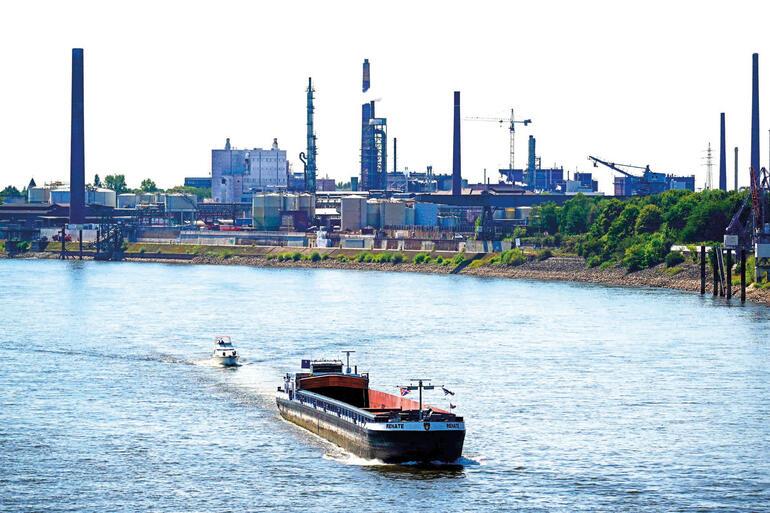Adding unprecedented levels of heat and drought to the picture created by the sanctions imposed due to Russia’s war on Ukraine, Europe Union countries as a whole energy confronted with chaos. Russian leader Vladimir Putin’s activation of the natural gas card in the face of the EU’s sanctions steps and signaling that he will use it to the end indicates that the winter months for the EU will not be very bright despite the measures taken.
U-TURN IN CRISIS
EU countries, which continue their search for an exit in order to get out of the deadlock they have fallen into in the field of energy, ukraine war He has to take steps that contradict his previous decisions. A return to coal, which was decided to be abandoned entirely to combat the climate crisis, has begun as moves to phase out nuclear are being reviewed.
class=”medianet-inline-adv”>
In the EU countries, which officially stopped buying coal the day before Russia, which meets almost half of its needs, the decisions to continue the activities of some power plants that are expected to be closed within the scope of the green energy transition, while the closed power plants in some countries are reopened.

COAL IMPORTS INCREASES
Its economy began to be severely affected by war and climatic conditions. GermanyIt is anticipated that Turkey will have to increase its coal imports, which was 27 million tons last year, to 32 million tons. Other European countries to embrace coal include France, Italy, Spain, Austria, Czechia, Hungary and the Netherlands. It is aimed to close the gap that will arise from the fact that Russian coal will not be imported, through countries including Australia, Indonesia, USA and South Africa. Coal use worldwide is expected to reach 8 billion tons, renewing the 2013 record.
SHIFT TO NUCLEAR OUTPUT
The International Energy Agency is of the opinion that the trend towards coal, which is seen as a buffer measure in the current conjuncture, will slow down next year. However, this is subject to certain conditions, including the introduction of more nuclear energy in the first place. In the light of recent developments, governments have begun to review their policies towards nuclear energy. In Germany, which has decided to exit nuclear at the end of this year, the tendency to use the three power plants that are still in operation for a while, if the safety tests yield positive results. These three power plants provide 6 percent of Germany’s net electricity production.
class=”medianet-inline-adv”>
CONVINCED FOR 5 THOUSAND EURO
France requested that the Saint-Arnold coal power plant located in the Moselle in the east of the country, which was decided to be closed, be reactivated for the period October 2022-March 2023. While it was decided to open the power plant urgently, some of the employees who left their jobs in the spring were persuaded to return with a monthly premium of 5 thousand Euros (92 thousand 750 TL) in addition to their salaries for six months.
THE CLIMATE CRISIS IS FORCING CONDITIONS
The war in Ukraine and Putin’s moves are just one part of Europe’s energy problems. The heat wave, which has scorched European countries for days, negatively affects energy production. Power plants in France, which use nuclear energy intensively, have been adversely affected by the consequences of extreme heat in the recent period. France had to radically reduce production at some power plants. In coal, there is a transportation-oriented problem, especially in Germany. The fact that the water levels of the rivers, which play an important role in the transportation of coal to the countries in need, are not being able to be transported due to the drop in water levels adds to the problems of the EU countries. The views that the problems caused by the climate crisis will harm European economies much more than the energy crisis are increasing day by day.
.
